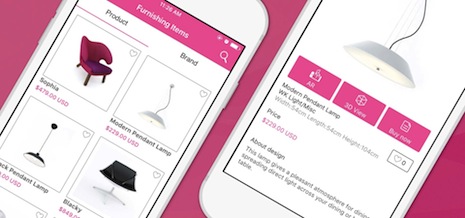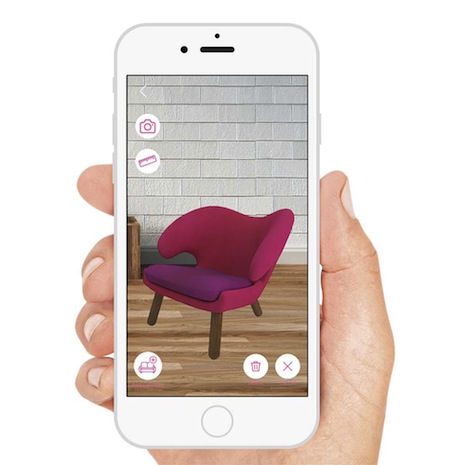 Alibaba leverages VR to bridge gap between offline and online. image credit: iStaging.
Alibaba leverages VR to bridge gap between offline and online. image credit: iStaging.
Chinese ecommerce platform Alibaba's Tmall is giving its luxury brand partners the opportunity to bring stores to users at any location with a new program indicative of the future of retail.
Luxury bricks-and-mortar stores are given the chance to enter into the digital realm by Tmall, as it partners with iStaging to recreate spaces in virtual reality. A new program will allow brands who sell on the ecommerce site, among whom are a number of luxury labels, to create their own VR stores that allow shoppers to take the in-store shopping experience with them anywhere.
In-store to digital
On Feb. 27, at Mobile World Conference in Barcelona, iStaging revealed its Tmall integrated VR solution.
Tmall brands can now create a VR version of their own stores using the builder iStaging created for Tmall's platform. These manufacturers will then be able to incorporate these VR stores into their pages on Tmall's ecommerce site.
iStaging's VR platform app. Image credit: iStaging.
The initiative will allow for these brands to conveniently create a VR experience, which in turn will make them more inclined to do so. The experience will likely entice and immerse consumers into the brands and help spur in-store visits to their actual bricks-and-mortar spaces.
Search results within in Tmall's VR endeavor will be based on the location and distance of brands' shops, in an effort to drive more foot traffic.
VR growth
With such an emphasis happening on digital commerce, bricks-and-mortar is changing. Brands need to incorporate some sort of digital aspect into their bricks-and-mortar experience and use the digital world to complement the in-store experience.
Tmall is helping brands do that with its new VR push. The more brands and consumers become comfortable with technology such as this, the more important it will become.
iStaging's VR app. Image credit: iStaging.
Developers such as iStaging are pushing VR forward, making the experience more effective and the build of these programs easier and more accessible. It will be these aspects that make VR a staple of the future.
Tmall is one of the biggest venues for luxury brands looking to gain market share in China, which is vital to the high-end industry.
Many brands are racing to figure out how they can incorporate VR into their strategies.
For instance, Kering-owned Gucci recently used a technology-driven approach to raise awareness for its 2017 gifting catalog through placement on New York Times’ digital edition.
Gucci made digital its main focus for this year’s gifting season with efforts ranging from peer-to-peer communications to out-of-home displays and scannable store windows. The addition to Gucci’s gifting initiative leveraged virtual reality video to explore its creative partnership with Spanish artist Ignasi Monreal (see more).
French department store Galeries Lafayette also rolled out a variety of new features both in-store and online for the holiday season in an extravaganza called Noël Spectacular Spectacular.
The department store decorated its locations to be in line with the holiday spirit as well as releasing several digital campaigns including a virtual reality experience. These efforts showed that Galeries Lafayette pulled out all the stops in order to capture the holiday shopping craze (see more).

